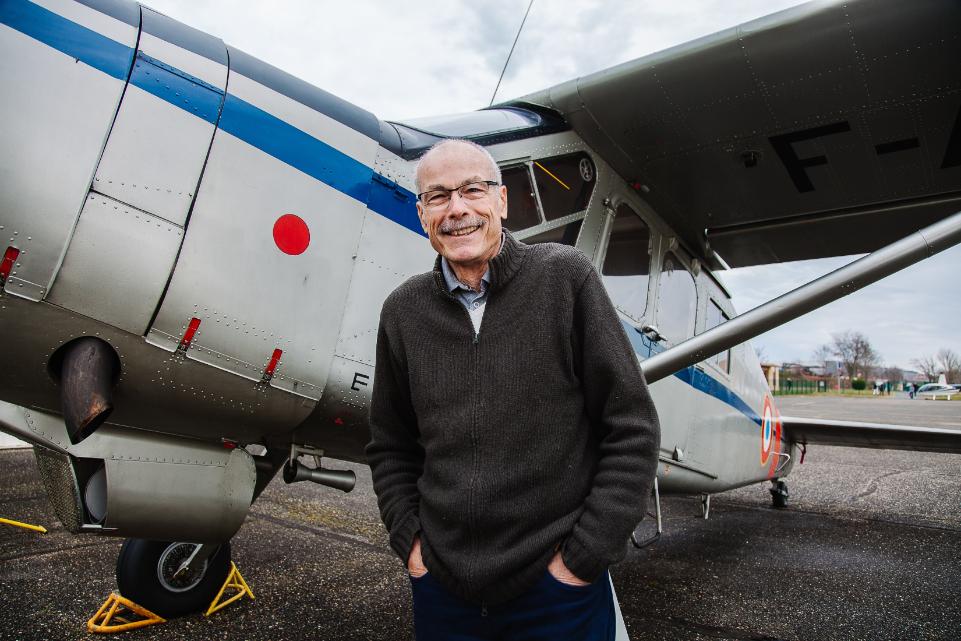For those who have long enjoyed the freedom of the skies, the challenge of aging is not just a personal journey but also a navigational one, especially when it comes to securing and maintaining hull insurance. As the years advance, many highly skilled aviators, including those who’ve piloted warbirds and served as Certified Flight Instructors, find the financial burden of insurance climbing.
The High Costs of Flying into the Golden Years
Pilots, particularly those who handle general aviation aircraft like single-engine Cessnas, multi-engine Beechcrafts, or Piper aircraft, often encounter rising insurance premiums as they age. This can be attributed to the increased risks associated with physical and cognitive changes over time. While these aviators may possess a wealth of experience, the reality of aging can introduce new challenges that impact their flying capabilities.
Assistance for the Aging Pilot
However, it’s not all grim news. There are agents and associations dedicated to assisting aging aviators in maintaining their ability to fly. Organizations like the United Flying Octogenarians offer support and advocacy to ensure that pilots can continue to enjoy aviation without the heavy burden of unaffordable insurance rates.
Expert Advice and Support Networks
There are numerous insurance agents who specialize in aviation and understand the unique needs of aging pilots. These professionals are equipped with strategies to help ensure long-term insurability, balancing the scales between experience and the inevitable changes that come with age. Here are a few contacts who can provide invaluable support:
- Sarah Rutland, sara@flysasi.com, 205-00-3061
- Jon Shimmer, jshimer@acrisure.com, 301-639-6454
- Lad Gardner, ladd@lgainsurance.com, 972-250-0400
Safe Flying as You Age: 10 Key Considerations
For aging aviators, ensuring ongoing safety and capability in the cockpit is paramount. Here are ten vital points to consider:
- Medical Certification: Keep your FAA medical certification current and monitor any new health issues.
- Vision and Hearing: Regular testing is crucial, as these sensory capabilities are vital for safe flying.
- Physical Fitness: Engage in activities to maintain strength, flexibility, and endurance.
- Cognitive Function: Pay attention to changes in reaction time, memory, and problem-solving skills.
- Medication: Understand the side effects of your medications and their impact on your flying.
- Proficiency Training: Regularly update your skills and knowledge, especially with new aviation technologies.
- Fatigue Management: Adjust your flying habits to accommodate decreased endurance.
- Stress Management: Implement effective strategies to manage stress and maintain high performance.
- Use of Technology: Leverage modern technologies to compensate for any physical limitations.
- Self-Assessment and Feedback: Continuously evaluate your abilities and seek honest feedback.
Conclusion
Aging as a pilot should not mean the end of your flying days. With the right support and adjustments, you can continue to navigate the skies safely. This journey involves being proactive about your health, adapting to changing capabilities, and utilizing the resources available through specialized agents and associations. Remember, the goal is not just to keep flying, but to do so safely and joyfully, ensuring you remain as airworthy as your cherished aircraft.


https://airspaceauctions.com/aging-aviators-navigating-the-skies-of-insurance/
Hi Lisa. Your article was excellent and to the point. I would add three items to your checklist.
1. Practice on a flight simulator like X-plane or MSFS at least monthly to stay proficient. Simulate every flight plan here first, then fly it in your plane. You will find it reduces stress a lot and you may discover hazards that could cause cancellation of your planned flight.
2. Form a flight support team to include a CFI and a ground team to do basics like move, wash and check tire pressures to alleviate your workload.
3. Pre, preflight hours ahead to make a go/no go decision. Do all the things you can on your checklist, like checking oil and hydraulic fluid levels. This reduces stress and the workload on flight day. It is my top practice.
These are great strategies to use. Thank you for reaching out to us with this additional information.